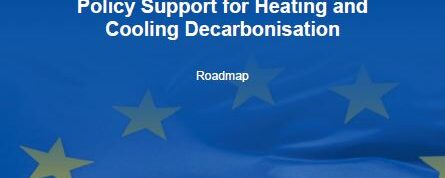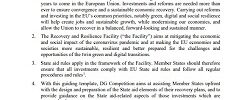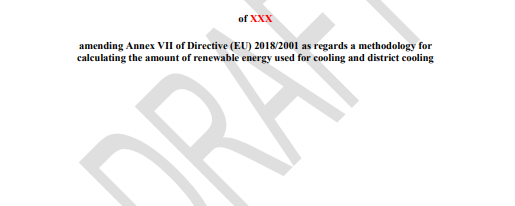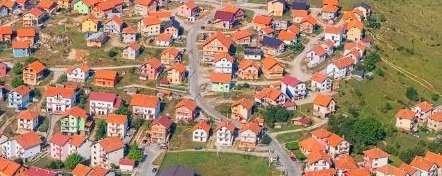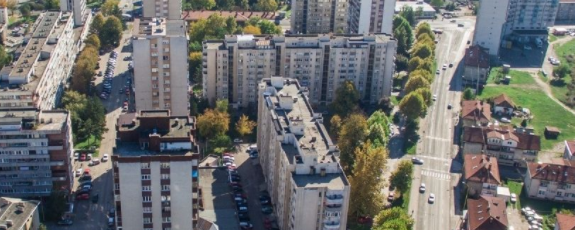The EU recognised that the decarbonisation of heating and cooling (H&C) is a key priority for meeting the EU energy and climate targets. H&C accounts for about half of the final energy demand in the EU, with fuels almost 80 % of the demand provided by fossils. A just-published EU study addresses different types of barriers […]
